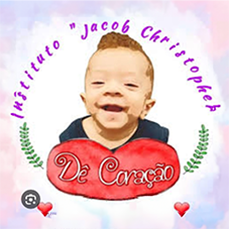Global Disorders of Sex Development Update since 2006: Perceptions, Approach and Care
The goal of this update regarding the diagnosis and care of persons with disorders of sex development (DSDs) is to address changes in the clinical approach since the 2005 Consensus Conference, since knowledge and viewpoints change. An effort was made to include representatives from a broad perspective including support and advocacy groups. The goal of patient care is focused upon the best possible quality of life (QoL). The field of DSD is continuously developing. An update on the clinical evaluation of infants and older individuals with ambiguous genitalia including perceptions regarding male or female assignment is discussed. Topics include biochemical and genetic assessment, the risk of germ cell tumor development, approaches to psychosocial and psychosexual well-being and an update on support groups. Open and on-going communication with patients and parents must involve full disclosure, with the recognition that, while DSD conditions are life-long, enhancement of the best possible outcome improves QoL. The evolution of diagnosis and care continues, while it is still impossible to predict gender development in an individual case with certainty. Such decisions and decisions regarding surgery during infancy that alters external genital anatomy or removes germ cells continue to carry risk.
Apoie a ABRAI
Para manter os seus canais de informação, oferecer cursos e palestras ou ajudar diretamente pessoas Intersexo em situação de fragilidade física e psicológica, a ABRAI precisa de fundos. Veja como ajudar.






